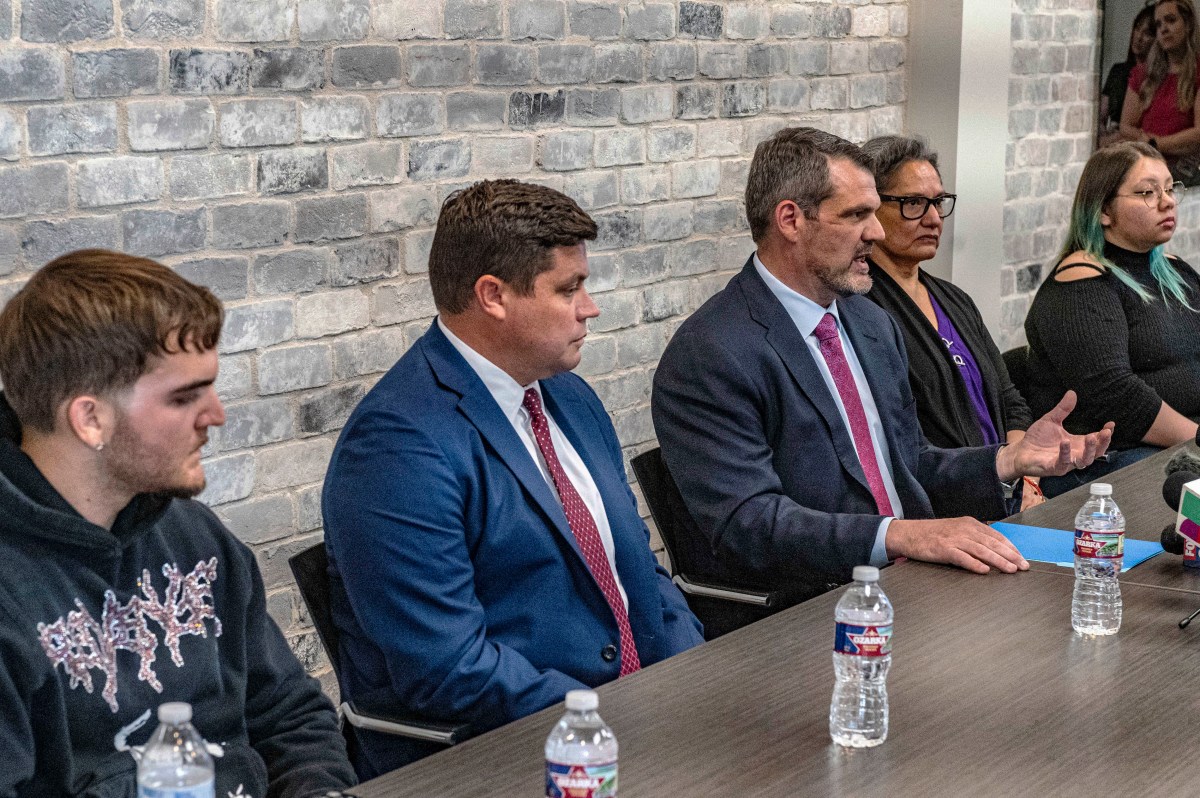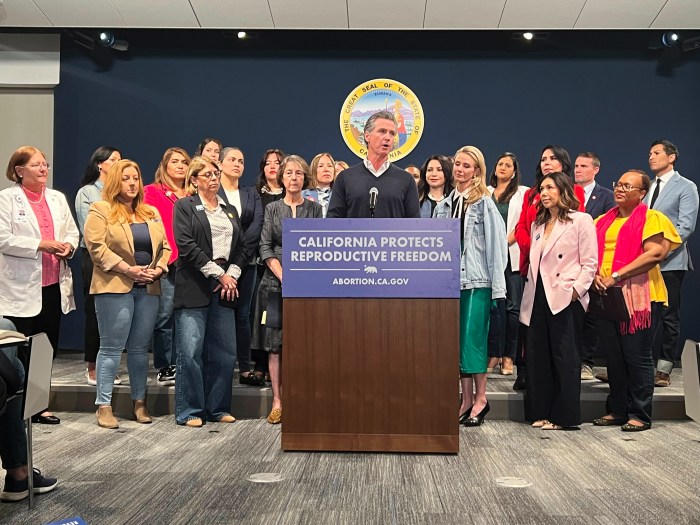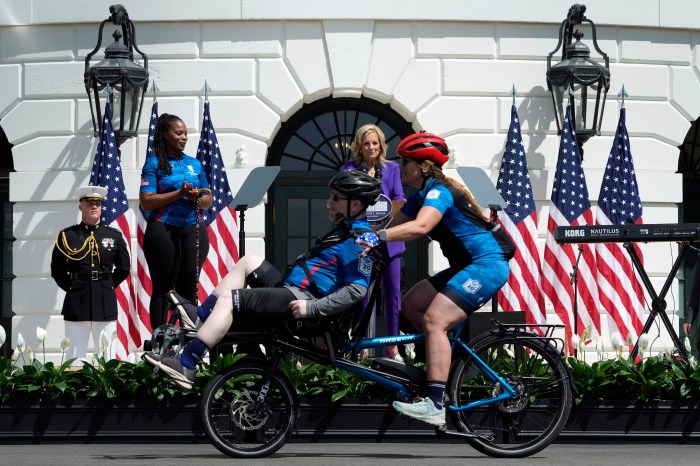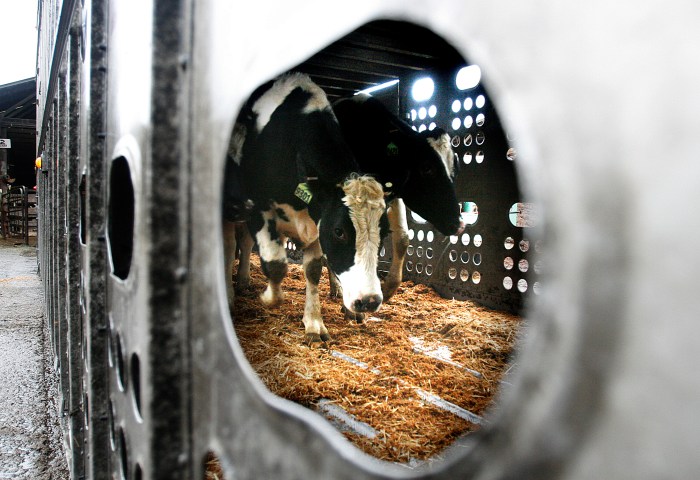DALLAS (AP) — Several relatives of patients who died while waiting for a new liver said Wednesday they want to know if their loved ones were wrongfully denied a transplant by a Houston doctor accused of manipulating the waitlist to make some patients ineligible to receive a new organ.
Officials at Memorial Hermann-Texas Medical Center have said they are investigating after finding that a doctor had made “inappropriate changes” in the national database for people awaiting liver transplants. Earlier this month, the hospital halted its liver and kidney programs.
Susie Garcia’s son, Richard Mostacci, died in February 2023 after being told he was too sick for a transplant. He was 43. “We saw him slipping away, slipping away and there was nothing that we could do, and we trusted, we trusted the doctors,” Garcia said at a news conference.
She’s among family members of three patients who retained attorneys with a Houston law firm that filed for a temporary restraining order Tuesday to prevent Dr. Steve Bynon from deleting or destroying evidence. Attorney Tommy Hastings said that some interactions with Bynon had caused “concerns about maybe some personal animosities and that maybe he may have taken it out on patients.”
“Again, we’re very early in this investigation,” Hastings said.
Hermann-Memorial’s statement didn’t name the doctor, but the University of Texas Health Science Center at Houston, or UTHealth Houston, issued a statement defending Bynon, calling him ”an exceptionally talented and caring physician” with survival rates that are “among the best in the nation.”
Bynon is an employee of UTHealth Houston who is contracted to Memorial Hermann. He did not respond to an email inquiry Wednesday.
The hospital has said the inappropriate changes were only made to the liver transplant program, but since he shared leadership over both the liver and kidney transplant programs, they inactivated both.
The U.S. Department of Health and Human Services also said it’s conducting an investigation, adding it is “working across the department to address this matter.”
Neither Hermann Memorial nor UTHealth or HHS had additional comments Wednesday.
Meanwhile, a woman using a different law firm filed a lawsuit last week in Harris County against Memorial Hermann and UTHealth alleging negligence in the death of her husband, John Montgomery, who died in May 2023 at age 66 while on the waitlist for a liver transplant. The lawsuit says that Montgomery was told he wasn’t sick enough, and subsequently, that he was too sick before ultimately being taken off the list.
The death rate for people waiting for a liver transplant at Memorial Hermann was higher than expected in recent years, according to publicly available data from the Scientific Registry of Transplant Recipients, which evaluates U.S. organ transplant programs. The group found that in the two-year period from July 2021 through June 2023, there were 19 deaths on the waitlist, while models would have predicted about 14 deaths.
While the hospital’s waitlist mortality rate of 28% was higher than expected “there were many liver programs with more extreme outcomes during the same period,” Jon Snyder, the registry’s director, said in an email.
He said that the hospital’s first-year success rates for the 56 adults who received transplants between July 2020 through December 2022 was 35% better than expected based on national outcomes.



















